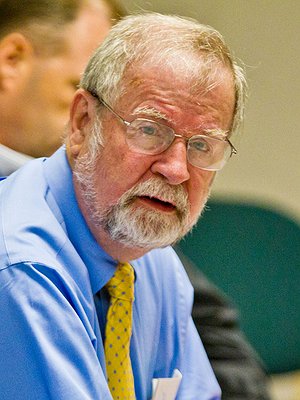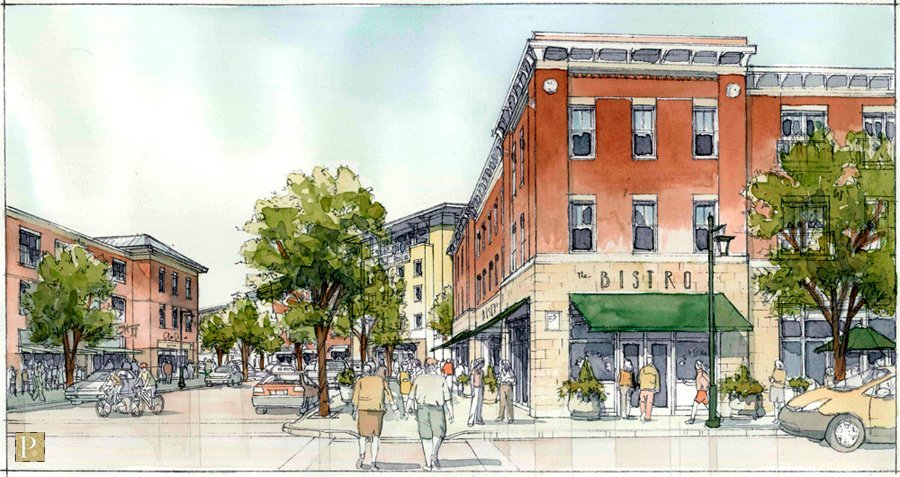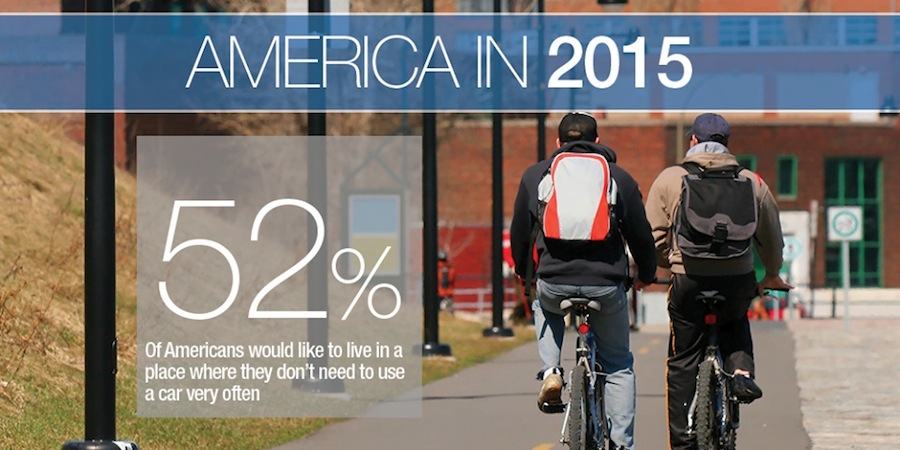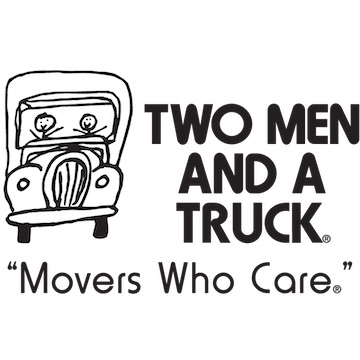Delaware General Assembly Adjourns Without Vote on Bicycle-Friendly Transit-Oriented Development Bill


The Delaware General Assembly ended its 2015 session early Wednesday morning. Bicycle-friendly economic development legislation, introduced by State Senators Harris McDowell and Colin Bonini and State Representatives Ed Osienski and Helene Keeley, did not receive a vote in the Delaware Senate.
Senator McDowell’s innovative bill defines criteria for “Complete Community Enterprise Districts” that would help local governments encourage transit-friendly, walkable and bikeable economic development. It is strongly endorsed by the Governor’s Council on Health Promotion and Disease Prevention, Bike Delaware, the League of Women Voters of Delaware, the American Heart Association and Delaware Greenways.
Since World War II, economic development in Delaware has mostly been bicycle (and walking and transit) unfriendly. A highly auto-centric subdivision-shopping mall-office park pattern of development has instead dominated. This style of development, while sometimes lucrative in the short-term, has four notable long-term weaknesses:
 For a given amount of public infrastructure (roads, sewers etc) and services (police, fire, EMT, transit etc.) investments and ongoing public expenditures, the subdivision-shopping mall-office park style of development generates a relatively lower amount of economic activity (and corresponding government tax receipts).
For a given amount of public infrastructure (roads, sewers etc) and services (police, fire, EMT, transit etc.) investments and ongoing public expenditures, the subdivision-shopping mall-office park style of development generates a relatively lower amount of economic activity (and corresponding government tax receipts).
 With daily destinations spread out over long-distances and efficient transit solutions financially difficult to provide, almost every single adult (and even teenagers) living in a residential-only subdivision must own a personal motor vehicle in order to meet their daily mobility needs. Since Delaware neither pumps oil nor manufacturers cars, nearly every cent of these Delaware household expenditures leaves the state, creating a permanent drag on Delaware’s economy.
With daily destinations spread out over long-distances and efficient transit solutions financially difficult to provide, almost every single adult (and even teenagers) living in a residential-only subdivision must own a personal motor vehicle in order to meet their daily mobility needs. Since Delaware neither pumps oil nor manufacturers cars, nearly every cent of these Delaware household expenditures leaves the state, creating a permanent drag on Delaware’s economy.
 Safe and practical opportunities to walk and bicycle for daily transportation helps maintain a healthy weight and prevent heart disease, type 2 diabetes, and other chronic diseases. Subdivision-shopping mall-office park development, however, usually eliminates these opportunities. Nearly two-thirds of adults and almost 40% of children in Delaware are now classified as overweight or obese.
Safe and practical opportunities to walk and bicycle for daily transportation helps maintain a healthy weight and prevent heart disease, type 2 diabetes, and other chronic diseases. Subdivision-shopping mall-office park development, however, usually eliminates these opportunities. Nearly two-thirds of adults and almost 40% of children in Delaware are now classified as overweight or obese.
 For the last two years that federal statistics are available, Delaware has had the highest per capita pedestrian fatality rate in America. The large majority of these pedestrian fatalities occur on Kirkwood Highway, Dupont Highway, Concord Pike, Pulaski Highway and the other high-speed, multi-lane arterial “corridor” roads in suburbs that have expanded to serve subdivision-shopping mall-office park style development and the very heavy levels of motor vehicle traffic that it generates.
For the last two years that federal statistics are available, Delaware has had the highest per capita pedestrian fatality rate in America. The large majority of these pedestrian fatalities occur on Kirkwood Highway, Dupont Highway, Concord Pike, Pulaski Highway and the other high-speed, multi-lane arterial “corridor” roads in suburbs that have expanded to serve subdivision-shopping mall-office park style development and the very heavy levels of motor vehicle traffic that it generates.
Meanwhile, retiring Baby Boomers and Millennials – among many others – are both looking for housing and work opportunities in places that do not follow the subdivision-shopping mall-office park pattern. In a recent national poll, 52% of all Americans said they would like to live in a place where they don’t need to use a car very often.
Although a majority of Delaware Senators were co-sponsors of Senator McDowell’s bill, it also faced vocal opposition from State Senator Karen Peterson, who called it “wishful thinking” from the floor of the Delaware Senate.
We disagree with Senator Peterson. There is a huge, unmet demand for walkable, bikeable and transit-friendly communities, and hundreds of thousands of Delawareans who want an alternative to just more subdivisions-shopping malls-office parks. And among those hundreds of thousands of Delawareans are many entrepreneurs who both recognize that this demand exists and want to serve it.

State Senator Karen Peterson called Senator McDowell’s bill “wishful thinking.”
But while the demand is there, the supply is lacking.
The reason that Delaware has a supply problem when it comes to great walkable and bikeable places is that – unlike big shopping malls or giant subdivisions – these types of places don’t get built all at once by a single well-connected and deep-pocketed developer. Instead, they’re built over time by the vision and hard work of many small entrepreneurs. Unlike a deep-pocketed developer, however, these small entrepreneurs can’t hire teams of lobbyists and lawyers to protect their investments. That’s a crucial reason why Senator McDowell’s bill is so critically important. By setting out some basic parameters for walkable, bikeable and transit-friendly economic development, this legislation helps entrepreneurs have the confidence they need that their investments won’t be undercut by government actions in the future.
While Senator McDowell’s bill did not receive a vote in the 2015 session of the Delaware General Assembly, it remains an active bill. When the General Assembly reconvenes in January, Senator McDowell will have the option to ask that his colleagues give it an up or down vote. Bike Delaware will continue to work with the bill’s prime sponsors and many co-sponsors, as well as with the Governor’s Council on Health Promotion and Disease Prevention, the League of Women Voters and Delaware Greenways, to make sure that Delaware gets that vote.
Senator Peterson thinks that a walkable, bikeable and transit-friendly alternative to more giant shopping malls in Delaware’s future is “wishful thinking.” We deny that false cynicism.

Transit-friendly, walkable and bikeable development is an enormous economic development opportunity for Delaware – if we can seize it.
RELATED:
• Complete Community Enterprise Districts (Delaware Senate Bill 130)
• Trends in Delaware’s Growth and Spending Summary Report
• Why you can’t have bus service
• Delaware’s #3 Bicycle Friendly State “Report Card” (calls for encouraging bicycle-friendly development)





